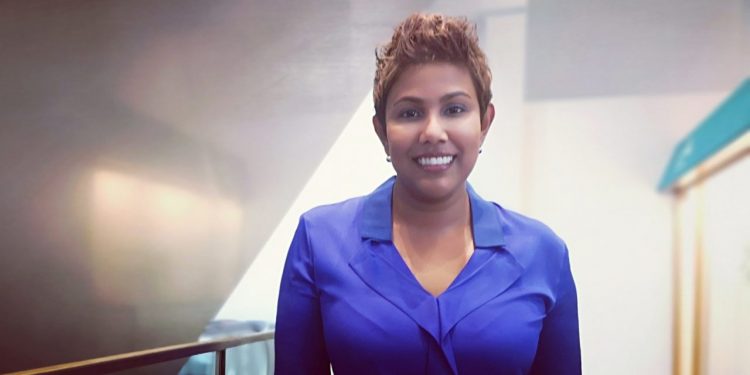The postman arrived with the letter. It was from the University of Malaya regarding Uma Thana’s acceptance to the university to study computer science.
It was the 1990s, and personal computers in homes were a new thing.
The degree course was not her first choice, of course. She wanted to do psychology instead, and computer science was her fifth choice.
“I had played computer games when I got my first Acer computer and internet access. That was around 1995 to 98. I figured the course couldn’t be that hard since I was spending so much time on the computer. Of course, I didn’t know what computer science meant then. But when you start to understand something, you appreciate it better,” said Uma.
Uma took up the degree course and, in the process, started to fall in love with the technology. In her final year thesis, Uma and another student created Malaysia’s first car reservation system.
A Woman in the Ranks
Years went by, and Uma went on to climb the corporate ranks, starting as a systems engineer, and then going on to manage, direct and preside over sales for big tech companies in the region such as IBM, Brocade, Dell EMC, and Riverbed Technology.
Today, Uma is 41 years old and is the co-founder of Lean In Singapore and founder of the Lean In Women in Tech Chapter.
Lean In is a non-profit organisation and online community dedicated to helping women achieve their ambitions.
Meanwhile, the Women in Tech Singapore Chapter seeks to inspire and support women in Singapore who are considering a career in technology.
“I wanted to help women progress in the workplace. I met Helen Duce, who runs Lean In Singapore with me. We wanted to stand up and tell our story, and we hoped other women would stand up to tell their stories too,” said Uma.
Lean In Singapore has over 3,000 members today and will celebrate its third anniversary this year.
Advocate for Women
On why she felt strongly for women issues, Uma recalled one year when she had her annual review, and her boss had written the word “combative” in her appraisal.
“I asked him, and he replied that he received feedback that I came across as aggressive in global conference calls. That was one example when I felt that if a man had done what I did, his boss would call him strong and confident instead, but if a woman had said it, she would be called arrogant, ambitious and combative,” said Uma.
Uma believes that this still goes on in the corporate world, and to change it, employers need to be more thoughtful when it comes to organisational design.
A few things need to happen, said Uma. Among them are that employers must acknowledge that women can do things without help. Women must also stop imposing biases on themselves.
“Many women aren’t taking the seat in the middle of the table during a conference; they are always taking the seat at the back. We’re not raising questions; we’re not asking for the position we want or that pay raise we want. And we’re not helping each other as women. Lean In Singapore is trying to support with this so we can all move forward,” she said.
Women in Technology
Uma is a woman in tech, and she has seen a high drop out rate of women in male-dominated industries like technology.
“The number one priority as I see it is that we need to do more to keep women in tech. There are many ways we can do this. We have built a community by starting the chapter so that women can help pull up the other women coming behind them and use the women in front as role models and mentors,” said Uma.
The rate of women in Singapore’s science, technology, engineering and mathematics industries is under 30 per cent, according to statistics from the Infocomm Media Development Authority in 2016. But it is not unique as this is the case globally.
As for advice for women looking to enter the tech industry, Uma said: “Look for role-models, no matter a man or woman, and speak to them about the job. Speak up and ask. Ask for the job, ask for the mentor. And if someone offers an opportunity, say yes. You’ll eventually learn and figure out what to do later.”

